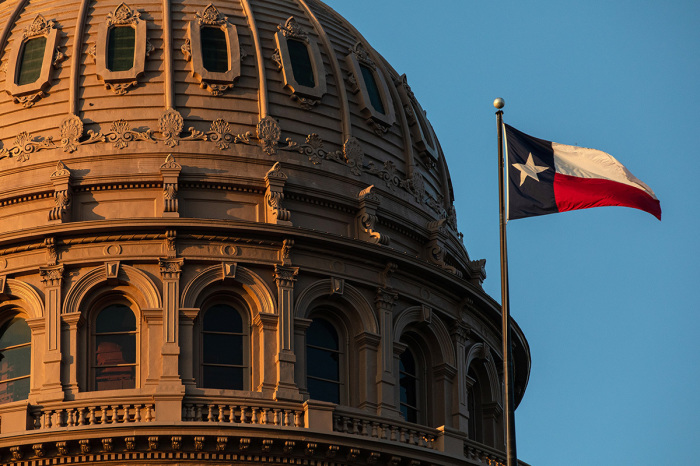
Lawmakers in Texas have passed a bill that, if signed by the governor, would mandate the display of the Ten Commandments in every public school classroom.
The Texas House of Representatives advanced Senate Bill 10 with an 82-46 vote Sunday. The legislation returns to the Senate for further consideration before reaching Gov. Greg Abbott’s desk.
SB 10 requires schools to display a 16-by-20-inch poster or framed copy of the Ten Commandments in a conspicuous location in each classroom, with text legible to anyone with average vision. Schools may accept private donations to meet this requirement or use district funds to purchase the displays.
An amendment added by the House ensures that the state attorney general will defend schools against any lawsuits arising from the law, with taxpayers covering litigation costs.
Rep. Candy Noble, R-Lucas, who led the effort to pass the bill, argued during Saturday’s session that it reflects values foundational to American education and society.
“Nothing is more deep-rooted in the fabric of our American tradition of education than the Ten Commandments,” Noble said during Saturday’s debate, which lasted over two and a half hours.
State Reps. Vince Perez, D-El Paso, and Jon Rosenthal, D-Houston, voiced concerns that a required Ten Commandments display would violate the parental rights of students who identify with other faith traditions. The pair introduced an amendment mandating the display of three versions — Protestant, Catholic, and Jewish — of the Ten Commandments, which ultimately failed to pass.
“Posting religious texts without context doesn’t teach history. It risks promoting one religion over others, something our Constitution forbids,” Perez said. “If we adopt the original version of this bill, legal challenges are inevitable, and taxpayers will bear the expense. However, by clearly including all three major traditions, we strengthen the constitutional footing of this bill.”
Another effort by Rep. Gene Wu, D-Houston, to place the Ten Commandments alongside other displays of religious traditions, including Islam, Hinduism and Buddhism, also failed.
Texas’ proposal mirrors a Louisiana law passed last year, which federal courts have blocked. Critics point to the 1980 Supreme Court ruling in Stone v. Graham, which struck down a similar Kentucky law for violating the Establishment Clause of the First Amendment.
However, some Republicans argue that a 2022 Supreme Court decision in Kennedy v. Bremerton School District, which upholds a coach’s right to pray on a school field, supports the legality of the Texas bill.
SB 10’s fate now rests with Gov. Abbott, who is expected to sign the bill.

















